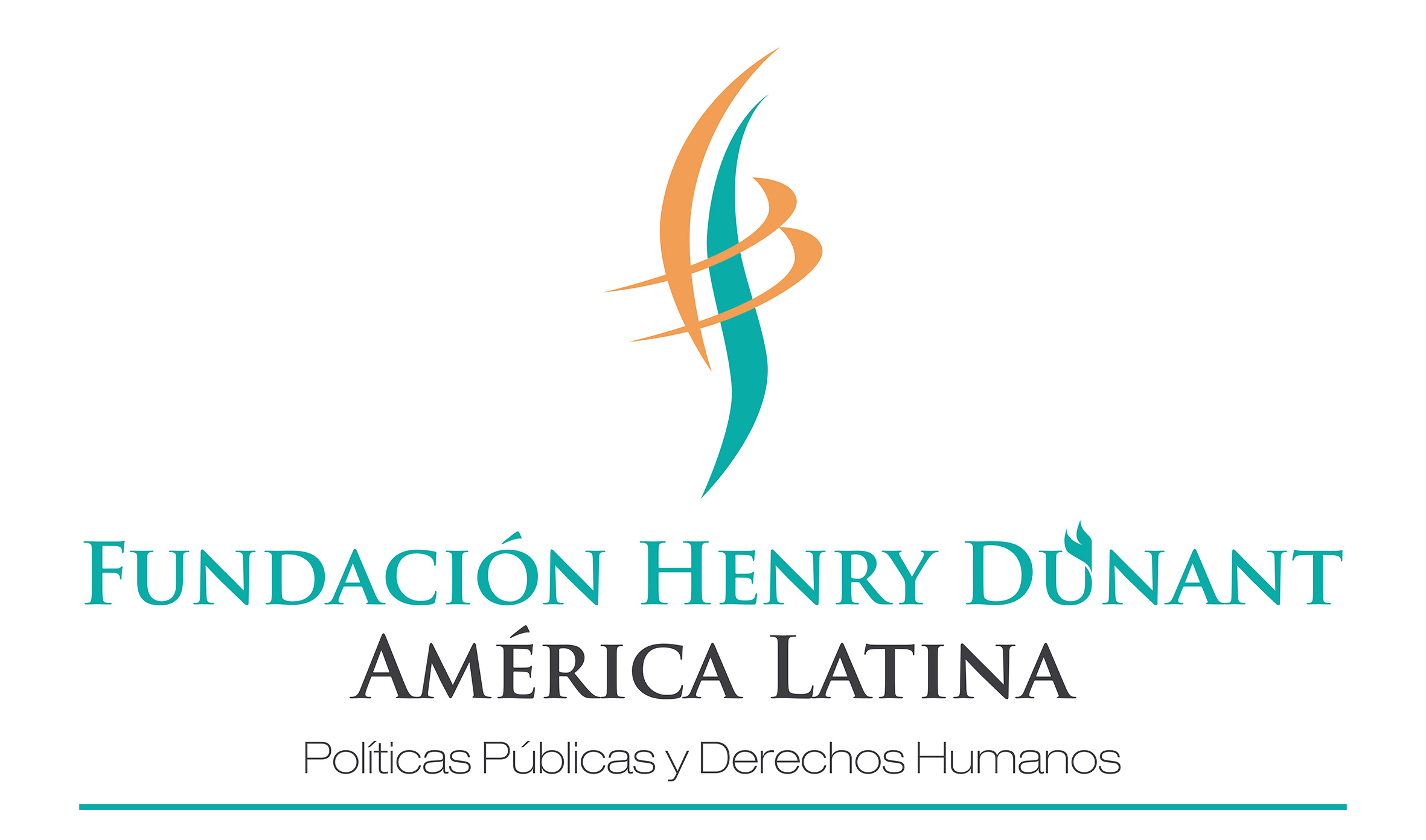The Henry Dunant Foundation / Henry Dunant Institute (FuHD/IIHD) was founded in Santiago Chile in 2006 as a sister organization of College Universitaire Henry Dunant (Geneva, Switzerland). The Foundation’s programs and activities, including research, publications and consultation, are carried out in close collaboration with various agencies of the United Nations, governments, organizations and international foundations, academic institutions and non-governmental organizations (NGOs) as well as national governments of Latin America, the Caribbean, North America and Europe, contributing to the production of the important work being done in Chile and other countries in Latin America, the Caribbean and Europe, by providing important opportunities for exchange and learning opportunities.
In a frame of collaboration which includes South-South Cooperation, the Henry Dunant Foundation of Latin America works in training activities and the creation of knowledge for the construction and implementation of public policies based on human rights. With international diplomas, courses, and specialized seminars in several Latin American and European countries (Chile, Ecuador, El Salvador, Guatemala and Spain), the Foundation contributes to the realization of human rights, through the creation of a specialized group of professionals, civil servants, activists, political and social leaders and experts working in the public service, aiming its professional action is based on the principles and norms of the International Human Rights Law and the International Humanitarian Law.
With its the office in Santiago, the support of “Representation for Central America” based in Guatemala, and the Henry Dunant Association France-Amerique Latine located in France, the Henry Dunant Foundation has an institutional structure that facilitates its international action.
Mission
Modern society is giving room to a new generation of social problems that have not been controlled or eliminated with the traditional instruments of public policy, at the time that these traditional instruments are the main ways utilized by the States to create welfare, social cohesion, and governance.
The mission of the Henry Dunant Foundation of Latin America is to contribute to the creation of knowledge and capacities to produce an effective discussion between the paradigm of human rights – especially social, cultural and economic rights (DESC), and public policy; making possible the legitimacy of these in harmony with aspects of technical regulation.
In addition, the Foundation’s mission is to develop the relationships between the public and private spheres, such as between the interests of private businesses and the collective interests of communities. For this reason, the formative work of the Foundation, stemming from its focus on law and public policy, also looks to contribute to the development of capacities and knowledge to serve as a solution to the conflict between private interests and communities, with a universal and comprehensive perspective.
The mission of the Foundation is to create specialized groups of professionals, public servants, international organizations, political and social leaders, academics and experts that work in public service, with the goal that their professional work will create global public goods that are guided by the principles and norms of International Human Rights Law and International Humanitarian Law.
Vision
The human rights based approach into public policies assumes the International Human Rights Law as a conceptual framework in determining the complete cycle (creation, implementation, and evaluation) of public policies and strategies of development. Until now, social, cultural, and economic rights, as well as public policies, have traveled along parallel paths, without clearly displaying their connection between both. This link is essential for the treatment of social rights founded in an effective accomplishment which extend beyond declarations.
The human rights based approach into public policies is an innovative paradigm to applying the principles and norms of the International Human Rights Law in the public policies and strategies of development. With this, the Foundation seeks to produce changes, not only in the economic and social policy, but also in the state responsibility and obligations, in general and in relation to specific problems in the society. This human rights framework requires the installation of technical abilities and expertise within the state to listen to the population and to construct a new form of administration that contributes to the assurance of human rights.
Objectives
• To build up answers and public policies to fulfill human rights through actions, driven by both the public and private sectors-, contributing to identify the definitions for the creation of a States of Social Rights.
• To form nucleuses of professional excellence and leadership for the determination of strategies of development and public policies based on human rights, by developing and disseminating of knowledge related to explicit references and operations of social, cultural and economic rights into public policies.
• To provide education and consultancy services aimed to the management and conflict resolution between the private interests and the communities, with a comprehensive and universal perspective based on human rights.
• To convene the state institutions to play a proactive role, and to effectively compromise regarding the creation of public policies, which orientation is defined by the principles of the International Human Rights Law, particularly in terms of economic, social and cultural rights.
